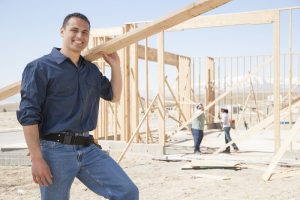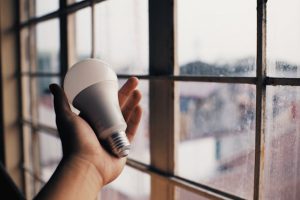Shut Out the Noise of the World When You Soundproof Your Home


Do you feel like you can hear just about everything that happens inside or outside of your house? Are you tired of being kept up by traffic outside or thumping going around upstairs? You might want to consider putting sound isolation wall panels in your home or getting soundproof wall panels to cut down on all that internal and external noise. This is especially if you record or play music in your home — you’ll get better sound quality, but also keep your practicing and recording from disturbing anyone else (family and neighbors alike!). Think about the acoustical accent clouds or the decorative laminate in many auditoriums — those are doing more than just enhancing sound. They may be also functioning as sound isolation wall panels or sound insulation panels. If you’re suffering from outside noise like traffic, putting sound isolation wall panels in your home might help your health as well!
Why Should I Consider Amping Up My Home’s Soundproofing?
Peace of mind can have a lot to do with it, if you’re totally fed up hearing construction work being done by your home, cars and public transportation rattling by, your kid practicing his or her instrument in the other room, that one neighbor mowing his lawn at 8 in the morning on a weekend. Keep some your sanity by installing some sound wall panels to reduce the noise.
If you use your home to record music or practice, installing sound isolation wall panels can also help temper what noise filters in and keeps the recording quality high. You also won’t aggravate any family members or neighbors by practicing. If you hire some professionals to come help you install the necessary soundproofing, you’ll have everything you need done in a jiffy!
What’s the Best Way to Soundproof My Home?
If you’re considering moving ahead with soundproofing your home, there are a few different methods that you can go ahead with. There are four main ways that are used in combination — adding more mass to the walls to block sound, damping, filling in air gaps, and decoupling. Decoupling is not super effective at blocking low frequencies because there will be more resonance in the walls. Damping can often be more effective at reducing low frequency noise.
If you choose to use acoustic panels (which are helpful for absorbing noise) professionals recommend foot by foot panels with a two inch depth curve relief. Both low and high frequencies will be absorbed and they’re easy to install, thanks to adhesive peels.
Drywall can add mass to your walls, especially with a layer of caulking between drywall layers. Acoustical caulk should be used in this case, not regular caulk, and can help stop up sound holes around gaps created by ceiling fixtures, switch boxes, and door casings, for maximum effect.
All these measures can help cut down on the noise inside your home and reduce the outside noise from making its way inside.
What Else Should I Know About Soundproofing?
Don’t think that just adding some more insulation in your walls is going to help soundproof your house. It might make it warmer, but chances are, your noise levels are not really going to decrease much. Think about sound moving with air — so where is air entering and leaving your home? That’s also where noise is coming in and out. Plugging sound leaks, like mentioned above, will help cut down on this noise.
If you add drywall layers, stagger the studs that are connecting them or keep them away from the drywall entirely if you can to reduce vibrations in your walls. The denser the material you’re using to soundproof, the harder it’ll be for sound to go through it. Think about using concrete or wood for soundproofing — these are two great dense materials!
When thinking about soundproofing your house, be smart about it. Do your research and find out what will be the most effective — and feasible — for your home. Enjoy a renewed sense of peace and quiet when your home is effectively soundproofed and finally get a good night’s sleep or complete tasks without interruption!
















